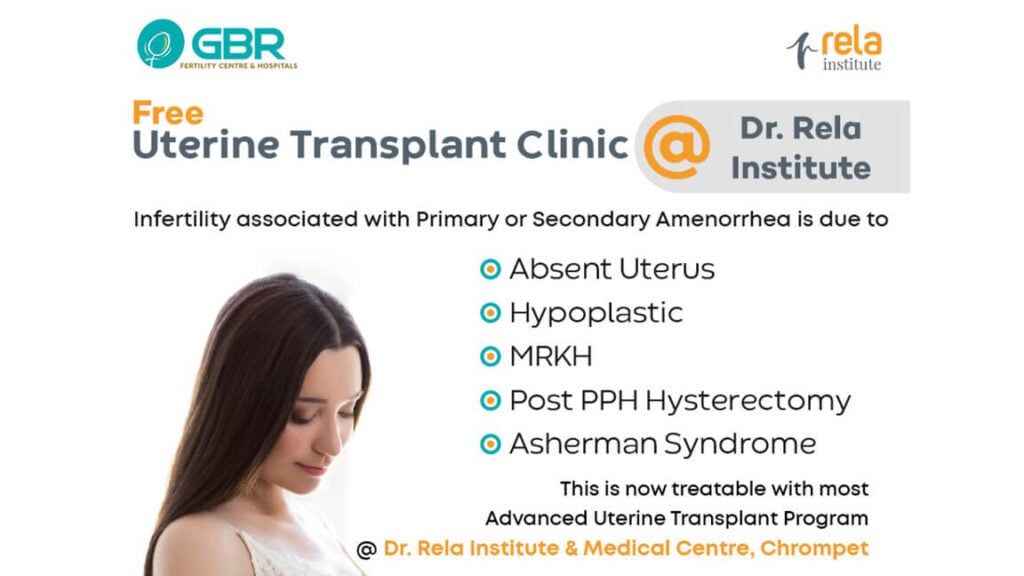Intracytoplasmic Sperm Injection (ICSI)
Intracytoplasmic sperm injection known as ICSI in its short form is a procedure in which each single sperm is directly injected into the egg, for fertilization. ICSI is a further advanced technique when compared to IVF. In IVF, the sperm sample and eggs are placed in a glass dish and are allowed to fertilize. If the sperm fails to be motile and do not fuse with the egg, doctors opt for ICSI to ensure desired results. In ICSI, a well-trained embryologist injects a single sperm into the egg with a hollow needle.
Who needs ICSI?
ICSI primarily deals with male infertility
Male Infertility
- Total motile sperm count less than 5 million with less than 4% normal Morphology
- Low sperm motility
- No or poor fertilization in two IVF cycle when total motile sperm count >10 million
- Ejaculation problems, in which the sperm is collected surgically from the testicles.
- Nil sperms due to blockage somewhere in the reproductive tract – In this condition surgically sperms will be retrieved and use for ICSI.
At our center we have efficient cryopreservation of small number of retrieved spermatozoa from men suffering from non – obstructive azoospermia by which we can avoid repeated surgical procedures for retrieval of sperms.
Female Infertility
- Failure to produce enough eggs, even after stimulation
- Unsuccessful IUI, IVF
What is the success rate of ICSI?
Infertility experts strongly vouch by the success rate of ICSI when compared to conventional IVF and it is rated more than 70% to 80%.
What is PICSI?
PICSI is a method of selecting the best quality sperm for fertilization before injection into the egg.
Who needs PICSI?
- Who has failure or low fertilization with ICSI method.
- Repeated miscarriages
- Who has high DFI levels in semen (high level of DFI has shown less chances of fertilization, poor embryo quality, and less implantation chances).
Advantages of PICSI
- Quality of embryo will be more with this method
- Better chances of implantation and pregnancy













